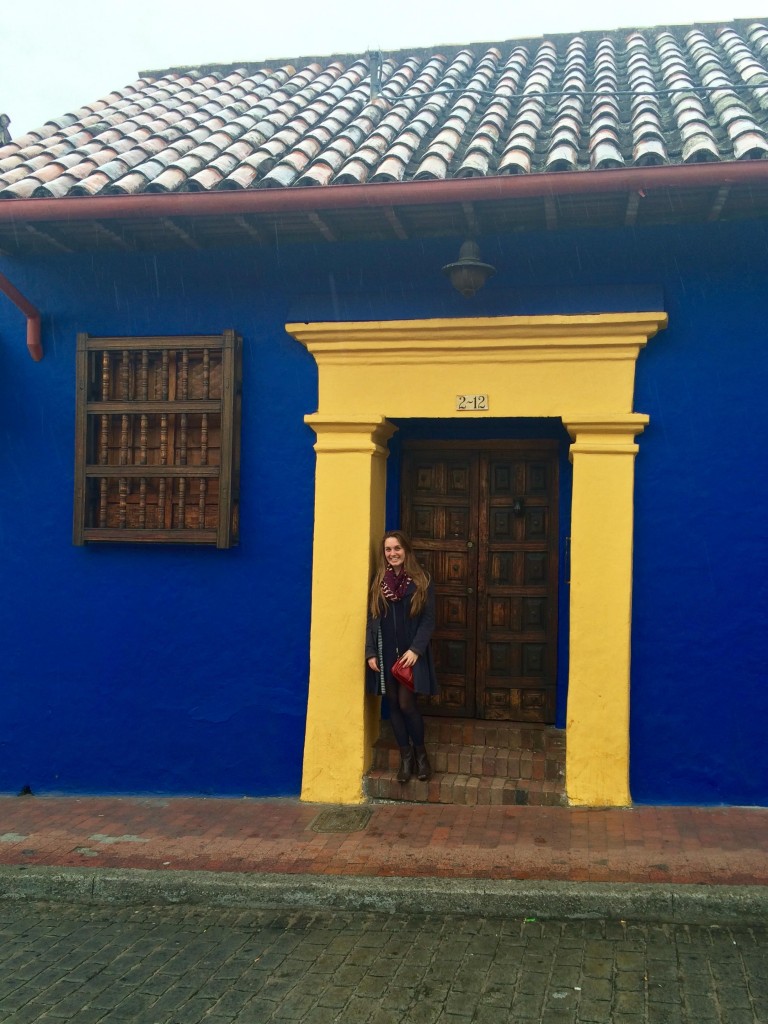My fellowship at Dejusticia has been an excellent experience thus far. I am working in the area of transitional justice, and I have already learned so much from my work, as well as from my colleagues and the experience of living in Colombia.
I have had a variety of different assignments. First, I co-wrote a memo on the inclusion of economic, social, and cultural rights (ESCR) in transitional justice processes. We were asked to compare different theories of whether ESCR should be included in transitional justice processes, and, if so, how they should be included.
I then helped with preparations for a conference in which experts from around the world come to exchange and debate ideas on transitional justice. I also helped to translate the article, written by two members of Dejusticia, which will serve as a launching point for the discussion. The article explores how much room countries have to design their own peace processes within international law standards, particularly with regards to the permissibility of partial amnesties and alternative forms of punishment. Translating the article—which was 55 pages in Spanish—gave me a chance to learn about international standards in transitional justice, improve my technical vocabulary in the area in both languages, and practice legal translation (as well as my Bluebooking skills). I also helped with some logistical conference preparations such as writing bilingual biographies of the conference participants.
I was also asked to prepare a short report on controversial detentions that recently took place in Bogotá. Earlier this summer, 15 individuals were arrested on allegations that they had connections with the National Liberation Army (the ELN, a left-wing guerilla group in Colombia), and may have been involved in a series of terrorist acts that occurred in the capital over the last year. However, the arrests generated significant uproar from civil society, both because of due process concerns in the way that the detentions were executed, and because many of the detainees were well-known and vocal human rights advocates and civil society leaders (some have suggested that the detentions may be a form of persecution for their advocacy).
I’ve just started my next assignment, which is to complete a memo on the current state of the debate on the incorporation of land reform and/or land restitution in transitional justice processes.


